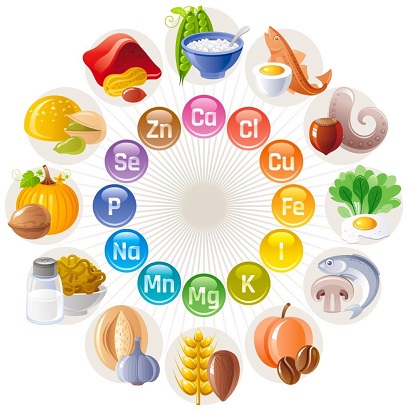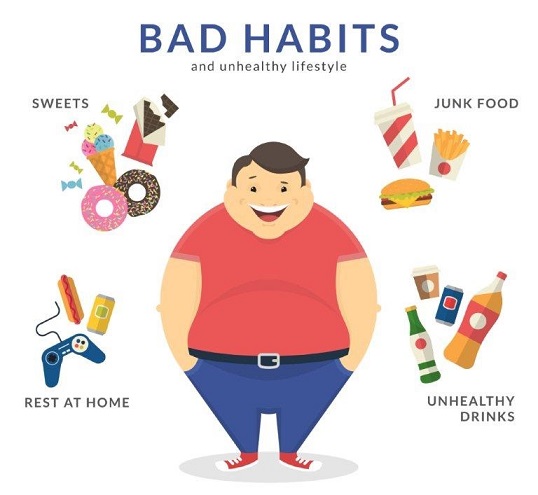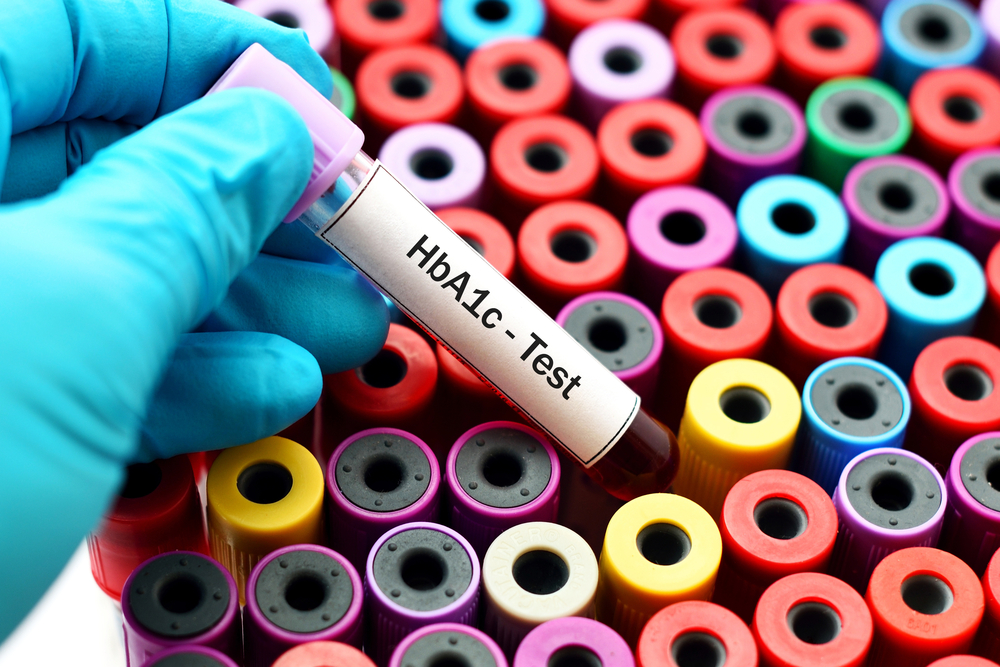Diabetes and Heat: How to Manage Diabetes in Summer?

Diabetes, a metabolic disease, causes high blood sugar levels. Consistent high blood sugar levels without treatment can cause severe long-term complications in the body. For someone with diabetes, controlling blood sugar every day is one of the most critical concerns.
This task becomes more complex in summer, especially in hot and humid regions. Diabetes can cause damage to the sweat glands. Hence, a person with diabetes can find it harder to cool off in the summer heat as diabetes, leading to heat exhaustion and other complications.
Hence, it is essential to keep track of blood sugar levels and watch out for the heat-related symptoms of diabetes. Knowing symptoms can help one receive proper medical attention and prevent health issues from worsening.
This article discusses everything about diabetes care in summer, including symptoms to watch out for, tips to follow, and more.
What are the Symptoms to Look Out for in Summer with Diabetes?
- Dehydration
People with high blood sugar are at an increased risk of dehydration in summer. Dehydration can occur when the fluid intake does not keep up with frequent urination caused by high blood sugar. The symptoms of dehydration with type 2 diabetes include:
- Fatigue
- Decreased urination
- Increased thirst
- Light-headedness
- Dry mouth and eyes
Dehydration can also lead to elevated blood sugar levels, which can cause increased urination, thereby compounding the problem of dehydration.
- Heat Exhaustion
Diabetes can accelerate nerve and blood vessel damage. This can affect the nerves and blood vessels associated with the sweat glands. Hence, some people with diabetes can have trouble sweating, which reduces the body’s ability to cool itself off, leading to heat exhaustion.
The symptoms of heat exhaustion to monitor are:
- Low blood pressure
- Feeling faint
- Excessive sweat
- Dizziness
- Nausea
Heat exhaustion requires immediate medical attention to prevent it from developing into a heat stroke. A heat stroke can be fatal.
- Hypoglycemia
The body’s metabolism is more active during summer, which can cause more insulin absorption. For a diabetic person, this can lead to abnormally low sugar levels. Sugar levels below 70 mg/dL are classified as hypoglycemia and can cause the following symptoms:
- Confusion
- Blurred vision
- Anxiousness
- Heart palpitations
- Tremors
With severe hypoglycemia, one can also lose consciousness. Hence, recognising the symptoms of low blood sugar and acting immediately to restore balance is paramount.
- Hyperglycemia
Dehydration during summer can cause hyperglycemia or high blood sugar levels. Hyperglycemia has the following main symptoms:
- Urinating frequently
- Excessive thirst
- Feeling fatigued
What are Some Tips to Successfully Manage Diabetes in Summer?
- Drinking Enough Water: Water can help avoid dehydration and the associated problems. However, one should avoid sugary beverages as they can increase dehydration.
- Dressing Appropriately: Dressing in loose, light-fitting clothes in summer can help the body cool efficiently during summer.
- Avoiding Alcohol Consumption: Alcohol functions as a diuretic and makes one urinate frequently. Hence, people with diabetes should avoid alcoholic beverage consumption in the summer to prevent fluid loss.
- Checking Blood Sugar Levels Frequently: Heat and humidity can lead to extreme fluctuations in blood sugar levels. Hence, blood sugar levels should be frequently monitored during summer, especially before and after exercising.
- Staying in Shade When Outdoors: When outdoors, staying in the shade should be prioritised to avoid the adverse effect of high heat index.
- Exercising in Air-Conditioned Spaces: People with diabetes should exercise in air-conditioned spaces and avoid outdoor exercising. Air-conditioning maintains a safe temperature and humidity level, making one less vulnerable to adverse effects of heat.
- Keeping Medication Safe: High temperature can degrade and damage diabetes medication like insulin. Hence, one should follow proper storage instructions, especially in summer.
- Adjusting Insulin Dosage: Depending on one’s activity levels, heat can cause hypoglycemia and hyperglycemia. People with diabetes should consult with their doctor about adjusting insulin levels during summer.
- Keeping Items to Treat Low Blood Sugar: Summer heat can cause low blood sugar. People with diabetes are prone to low blood sugar and should keep a fast-acting carbohydrate snack handy to restore blood sugar levels in summer.
- Being Prepared: People with diabetes should always have a blood sugar monitoring kit and urine ketone test kit during the summer to monitor for high sugar, low sugar and diabetic ketoacidosis.
Heat and humidity affect people with diabetes differently. Diabetes management in the heat and humidity of the summer can present some challenges. However, watching out for heat-related diabetes symptoms and following some simple tips can help manage diabetes and heat.
For someone with diabetes or symptoms of diabetes, it is always a good idea to consult a doctor and book a fasting blood glucose test at Dr Lal PathLabs for monitoring blood sugar levels closely.
FAQs
1. What are the complications caused during summer in people with diabetes?
Some heat-related complications in people with diabetes include:
- Dehydration
- Heat exhaustion
- Low blood sugar
- High blood sugar
2. Can one exercise in summer with diabetes?
Someone with diabetes should try to exercise indoors in an air-conditioned space to avoid heat-related complications.
3. What diet is suitable in the summer for diabetes management?
Diabetic diet in summer should be hydrating and can include:
- Cucumbers
- Bell peppers
- Leafy green vegetables
- Tomatoes
- Apples
- Berries














